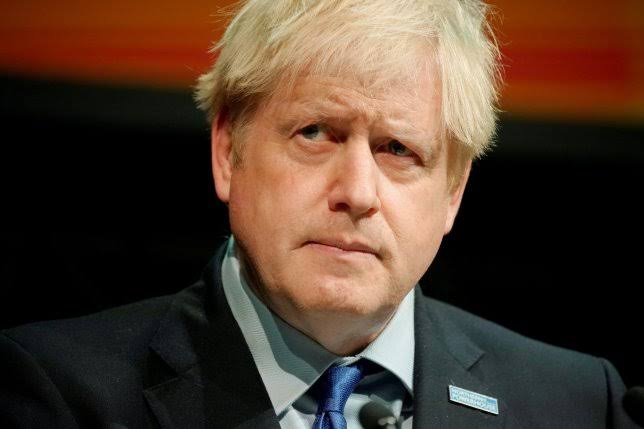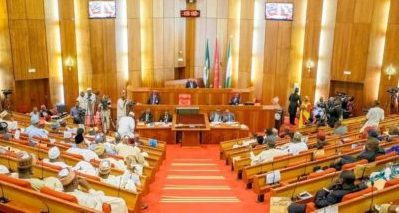Britain’s Supreme Court began hearing legal arguments on Tuesday against Conservative Prime Minister Boris Johnson’s suspension of parliament, amid accusations that he planned to reduce scrutiny of his Brexit plans.
The hearing is expected to last three days, with evidence from three separate appeals in England, Scotland and Northern Ireland.
It will focus on legal arguments and is “not concerned with the wider political issues,” Brenda Hale, the chair of the judges, said as she opened Tuesday’s session.
The legal issues to be decided by the court will not affect how or why Britain leaves the European Union, Hale added.
Johnson has rejected calls to recall parliament, insisting he did not mislead Queen Elizabeth II when he asked her to approve its prorogation, or suspension.
He said he requested the suspension to allow him to present a programme for improvements to health services, policing and other “people’s priorities” to a new parliamentary session.
Johnson told the BBC earlier Tuesday that he will “wait and see” before deciding what his response would be if the 11 judges rule that the suspension is unlawful.
If the judges do rule against him, Johnson would come under more political pressure to explain his advice to the queen, while some lawmakers have said he should resign.
“If the prime minister loses, he must resign. His position will be untenable,” opposition Labour lawmaker David Lammy tweeted.
Anti-Brexit legal activist Gina Miller, the lead plaintiff in the English case, said the issue at stake is “so much more important even than Brexit.”
“It is about how we are governed, about preserving our ancient democratic freedoms, and trying at all costs to stop a dangerous precedent being created that threatens constitutionally, politically and economically to impoverish us all,” Miller wrote in Monday’s Independent newspaper.
Former Conservative prime minister John Major, who is a co-plaintiff with Miller, is among those scheduled to give evidence to the court.
English and Scottish courts earlier ruled differently on legal challenges to the suspension, with a Scottish court holding that it was unlawful and an English one backing Johnson’s government.
In a video aimed at British voters and released via Twitter on Monday, Johnson said that some lawmakers “thought that that [suspension] was anti-democratic, even though we offered them an election twice, which they turned down, spinelessly.”
“They have had three years to think about Brexit, these people,” Johnson said, adding that the lawmakers will have time to “debate Brexit” before and after an Oct. 17 to Oct. 18 EU leaders’ summit.
“What has got into them? And if they really want a democratic event, let’s have an election,” Johnson said.
Opposition lawmakers have twice voted down Johnson’s calls in parliament for a snap election in mid-October.
Keir Starmer, Labour’s Brexit spokesman, earlier said “no one in their right mind believed Boris Johnson’s reason for shutting down parliament.”
dpa/NAN











